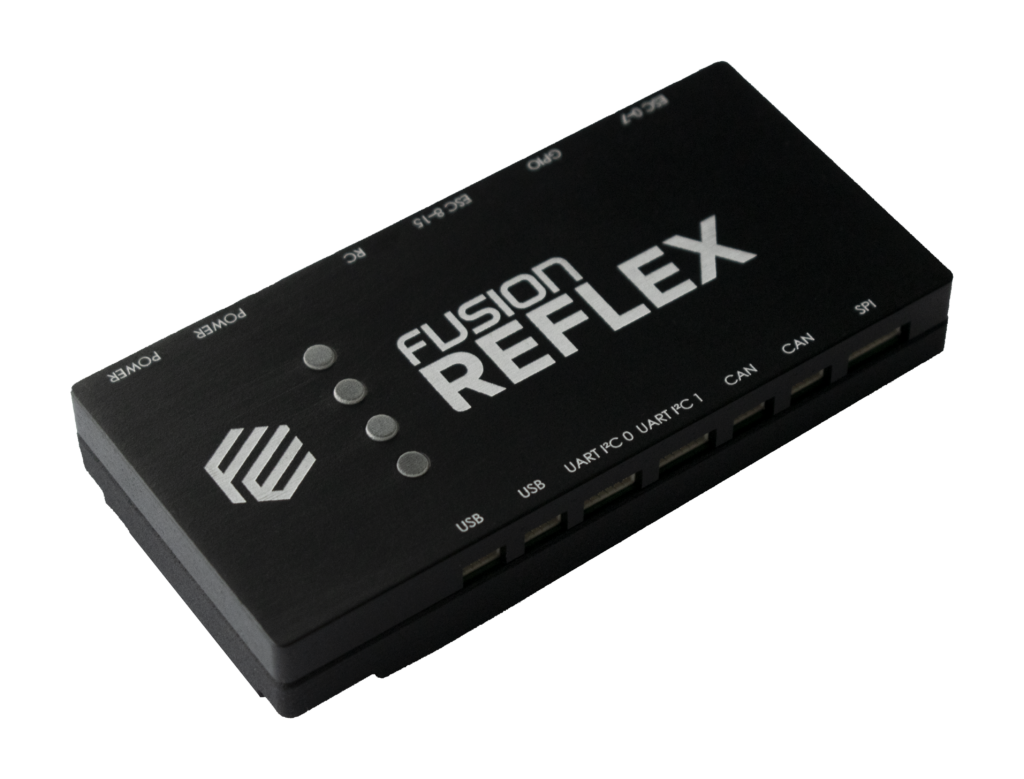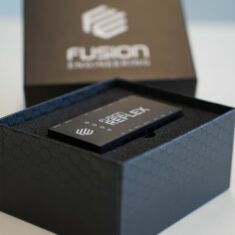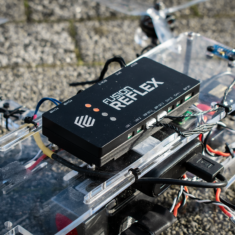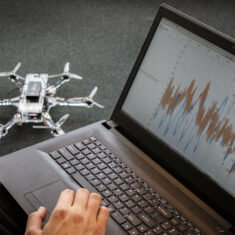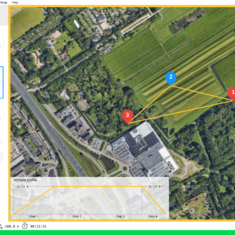Fusion Reflex is a cutting-edge multirotor drone flight controller that combines rapid integration, versatility in connectivity, and enhanced flight performance to provide an unmatched next-generation solution. Based on the latest developments in state estimation, flight control, and fault tolerance, it is designed for commercial OEMs looking to create groundbreaking and future-proof drone platforms to unlock new markets and applications.
The UAV flight controller uses a flexible implementation of Unscented Kalman Filtering (UKF), allowing additional sensors and state variables to be added easily in order utilize all available information. Advanced Incremental Nonlinear Dynamic Inversion (INDI) enables drones to execute precise and aggressive manoeuvres and effectively cancel dynamic factors such as gust wind disturbances.
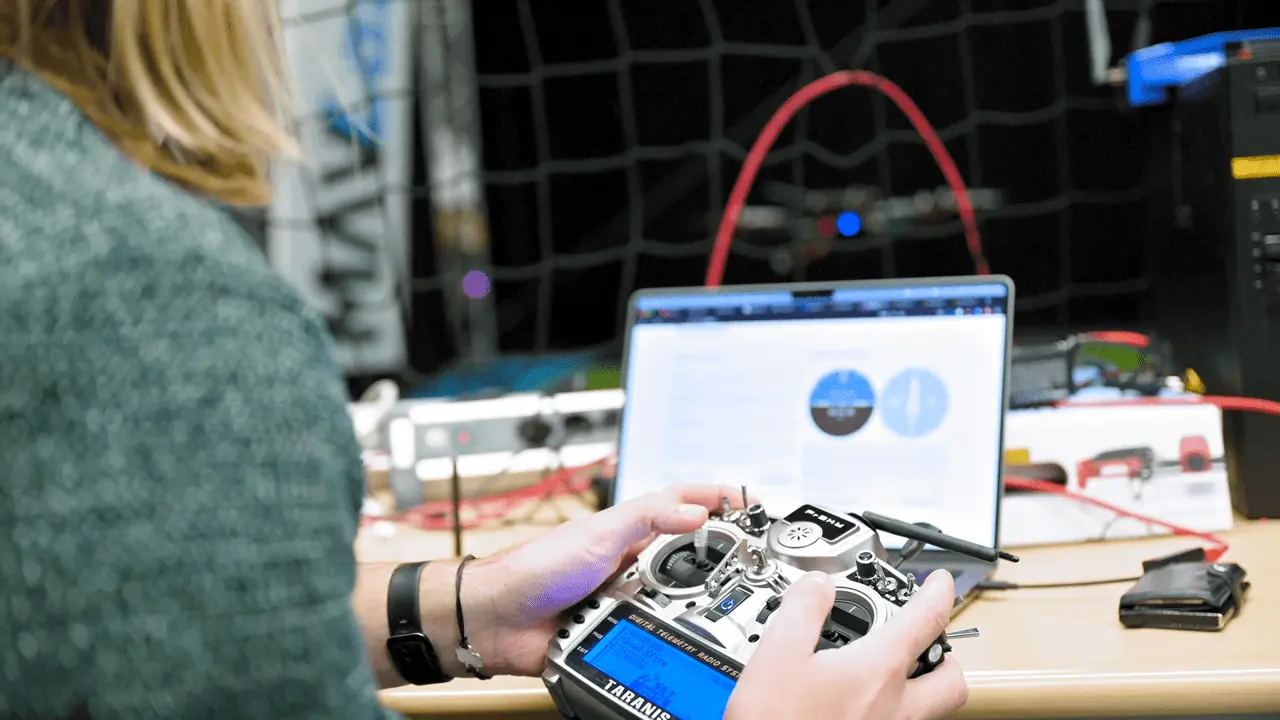
To provide an additional layer of safety, a robust fault-tolerant control system rapidly detects rotor failures and steers the drone away from danger. The aircraft can then land safely even with the complete loss of a rotor.
The Fusion Reflex software runs on top of a Linux-based system and is written from the ground up in Rust. An isolated modular architecture approach ensures that a bug in one process will not affect others, allowing individual modules to be immediately restarted while the drone keeps flying.
Fusion Reflex is fully compatible with QGroundControl and other software that requires MAVLink communications. The system exceeds the required standards for FAA Part 107 waivers, and also meets EU requirements for the SAIL 5 & 6 categories of high-risk drone operations.
Specifications:
| Dimensions | 107 x 52 x 18 mm |
| Weight | 100g |
| Power Input | 2x redundant 5V inputs |
| Sensors |
Triple redundant IMUs Barometer Real-time clock |
| Processors & Memory |
1.2 GHz 64-bit ARM Cortex A53 processor with four cores 1 GB RAM 32 GB flash storage Separate 100 MHz ARM Cortex-M4 processor for I/O signals and ESC rpm control |
| Connectivity |
2x independent I²C buses 2x independent UART/serial ports CAN bus with two connectors 2x USB ports 4x analog inputs (0–5V) (two per redundant power input) SPI port (for extension modules) 16x I/O pins for ESCs, with support for Bidirectional DShot 4x I/O pins for serial protocols such as SBus, S.Port or F.Port 8x additional general purpose I/O pins Built-in 2.4GHz WiFi |




